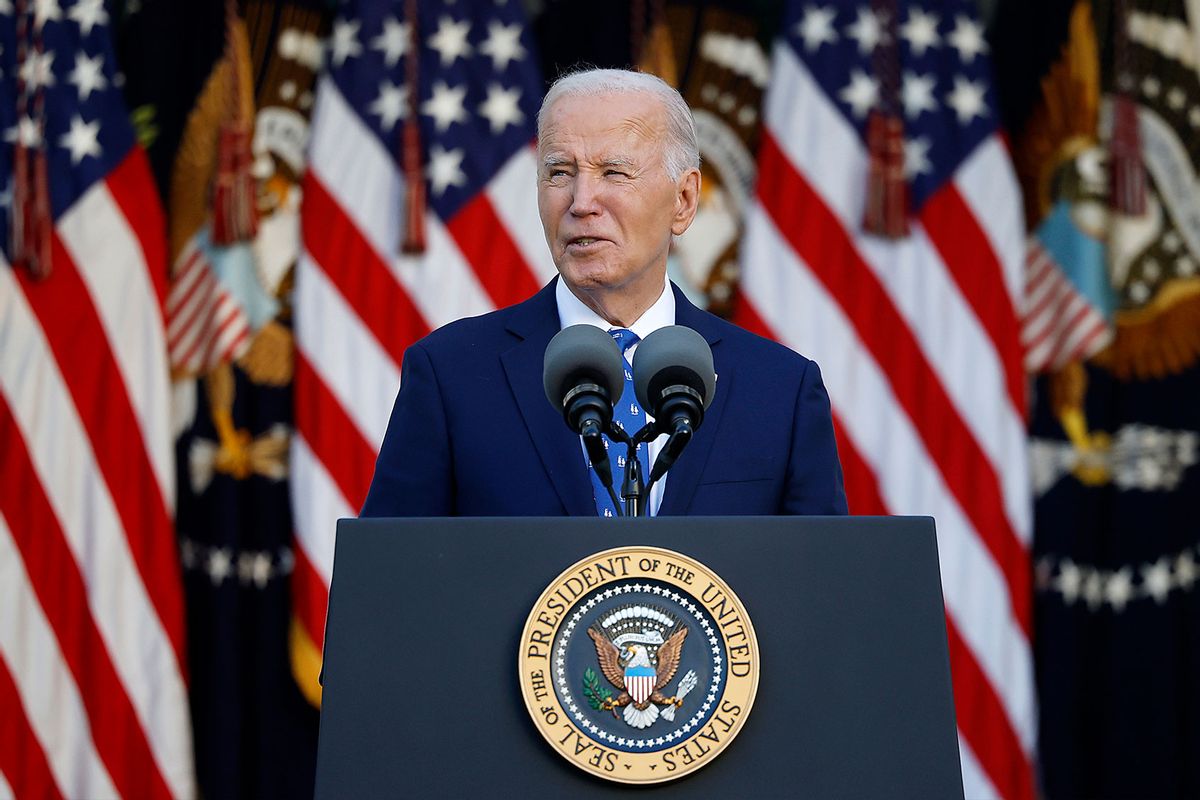The Biden administration has withdrawn its proposals for large-scale student loan relief programs, closing the door on mass loan forgiveness in the remaining weeks of his term.
The U.S. Department of Education is rescinding two of its major student loan proposals, which would have considered some amount of loan forgiveness for at least 38 million Americans, according to Politico. One of those had been blocked by a Trump-appointed federal judge.
If the proposed regulations were left in their current state, the Trump administration would be able to rewrite them and advance its agenda more quickly, The Associated Press reported. Trump has criticized federally-funded student loans and forgiveness programs.
In its official withdrawal notice, the DOE emphasized the Biden administration plans to make use of its remaining time "[committing] its limited operational resources to helping at-risk borrowers return to repayment successfully.”
On Friday, the Biden administration announced $4.28 billion in forgiveness for 54,900 student loan borrowers across the country who work in public service.
This brings the total loan forgiveness by the Biden administration to roughly $180 billion for nearly five million Americans, according to the U.S. Department of Education, including through adjustments on student loan payments to be income-based.
“Time is running out, and what Biden doesn’t do in the next four weeks will mean tens of millions of working people suffer for four years,” Braxton Brewington, spokesperson for the Debt Collective, told CNBC.
Read more
about personal finance



Shares